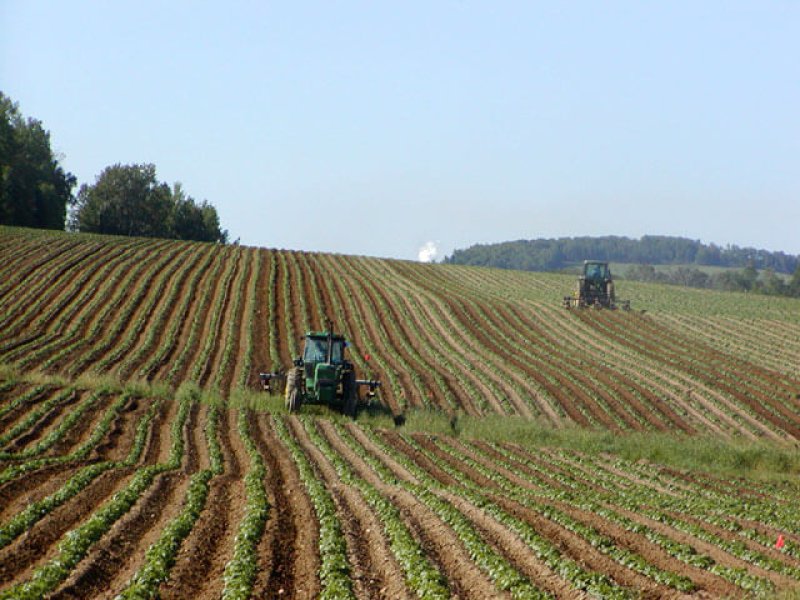….[Wh]at’s often in the crosshairs of activists is the philosophy of the planting system — the “dreaded” monoculture. Row crops are a relic, say self-styled pundits in the sustainability debate.
Indian activist Vandana Shiva touts her surreally titled book “Monocultures of the Mind,” defying the prevailing mindset and conformity of row crops.
…
After straying too far from nature’s bosom, [activists] say it’s time to square up with polyculture, a mosaic inspired by the rainforest …. The selling points are perennial stability, productivity, and built-in checks and balances that keep pests and diseases at bay.
…
Ironically, nature’s model is best suited to provide food and fiber — only salvation isn’t the miracle system the Prince is peddling.
…
In fact, researcher David Wood thinks Mother Nature would be flattered at the lengths we’ll go to mimic her.
Questioning the theory that cereals …. first arose as weeds on the outskirts of human settlements, Wood found that they exist today as vast monocultures along ancient waterways.
…
For centuries, wild rice was widely harvested as a staple crop from southern Sudan to the Atlantic. Wood suggests that early farmers had a working knowledge of this system and adapted it, realizing the precedents set in nature’s fields.































